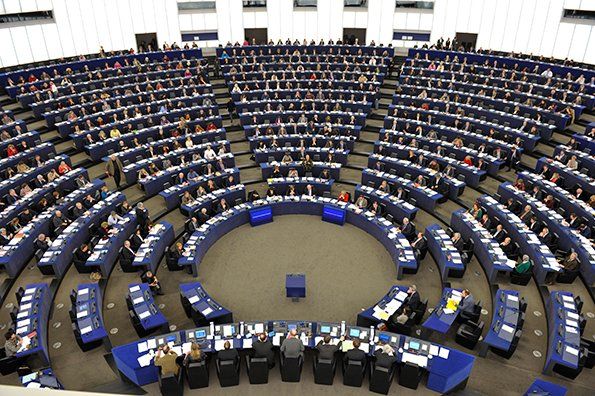Maldives defiant after EU parliament calls for targeted sanctions
The Maldivian government said it “does not intend to prolong the state of emergency and plans to lift it as soon as the threats posed to national security are addressed satisfactorily.”

16 Mar 2018, 09:00
The Maldivian government was defiant Thursday after the European parliament called for unprecedented targeted measures in response to a “serious and deteriorating political and human rights situation”.
The ongoing state of emergency is necessary to “ensure national security and constitutional order, to uphold the rule of law and to safeguard the peace and stability of the nation,” the foreign ministry contended, stressing that emergency powers invoked by President Abdulla Yameen only applies to judges and politicians detained over “illegal activities in connection to the Supreme Court Order of 1 February“.
“The government does not intend to prolong the state of emergency and plans to lift it as soon as the threats posed to national security are addressed satisfactorily,” it said.
Thursday’s EU parliament resolution came after the Council of the European Union warned last month that it may consider targeted measures if “politically motivated arrests” and the suspension of constitutional rights continue.
Become a member
Get full access to our archive and personalise your experience.
Already a member?
Discussion
No comments yet. Be the first to share your thoughts!
No comments yet. Be the first to join the conversation!
Join the Conversation
Sign in to share your thoughts under an alias and take part in the discussion. Independent journalism thrives on open, respectful debate — your voice matters.




